15 Stocks to Buy Today for Tomorrow's Innovations
The Argus Model Innovation Portfolio shines a spotlight on a number of stock picks that stand out for their innovative capabilities.


Profit and prosper with the best of Kiplinger's advice on investing, taxes, retirement, personal finance and much more. Delivered daily. Enter your email in the box and click Sign Me Up.
You are now subscribed
Your newsletter sign-up was successful
Want to add more newsletters?

Delivered daily
Kiplinger Today
Profit and prosper with the best of Kiplinger's advice on investing, taxes, retirement, personal finance and much more delivered daily. Smart money moves start here.

Sent five days a week
Kiplinger A Step Ahead
Get practical help to make better financial decisions in your everyday life, from spending to savings on top deals.

Delivered daily
Kiplinger Closing Bell
Get today's biggest financial and investing headlines delivered to your inbox every day the U.S. stock market is open.

Sent twice a week
Kiplinger Adviser Intel
Financial pros across the country share best practices and fresh tactics to preserve and grow your wealth.

Delivered weekly
Kiplinger Tax Tips
Trim your federal and state tax bills with practical tax-planning and tax-cutting strategies.

Sent twice a week
Kiplinger Retirement Tips
Your twice-a-week guide to planning and enjoying a financially secure and richly rewarding retirement

Sent bimonthly.
Kiplinger Adviser Angle
Insights for advisers, wealth managers and other financial professionals.

Sent twice a week
Kiplinger Investing Weekly
Your twice-a-week roundup of promising stocks, funds, companies and industries you should consider, ones you should avoid, and why.

Sent weekly for six weeks
Kiplinger Invest for Retirement
Your step-by-step six-part series on how to invest for retirement, from devising a successful strategy to exactly which investments to choose.
The word "innovation" gets tossed around too easily these days, but it's a fact that the best stocks over the long haul took an innovative and often disruptive approach in their respective industries.
Those are the same types of companies that make for the best stocks to buy today.
Don't believe us? Just have a look at the 50 best stocks of all time to see how critical creativity, originality and a commitment to research and development have been to long-term share-price performance.
And that's true for a number of not-always obvious reasons.
"Innovation not only helps companies grow, but also reduces risks to their revenue and profit streams from regulators, tax officials, and rivals," writes John Eade, president and director of portfolio strategies at Argus Research. "But innovation alone isn't always sufficient for investment success. We think well-managed companies also need to focus on the sustainability of cash flows and the return of capital to shareholders."
Indeed, innovation is so important to long-term success that Argus Research has created a model portfolio around the concept. The Argus Model Innovation Portfolio comprises 30 companies the independent research firm sees as being among the best stocks to buy today for outsized gains over the long haul.
To find the best stocks to buy today based on their innovative capabilities – among other factors – we took the Argus portfolio and pulled out the 15 stocks the broader analyst community likes just as much.
Here's how we found Wall Street's favorite stocks in the Argus portfolio: S&P Global Market Intelligence surveys analysts' stock recommendations and scores them on a five-point scale, where 1.0 equals a Strong Buy and 5.0 is a Strong Sell. Any score below 2.5 means that analysts, on average, rate the stock as being Buy-worthy. The closer a score gets to 1.0, the stronger the Buy recommendation.
After sorting the names in the Argus portfolio by S&P GMI's scoring system, we selected the 15 stocks with the lowest – or best – scores.
Read on to see the Street's favorite stocks in the Argus Model Innovation Portfolio. If the analysts are right, these are some of the best stocks to buy today to profit from where their innovative thinking is taking them tomorrow.
Data is as of March 29. Dividend yields are calculated by annualizing the most recent payout and dividing by the share price.

Analog Devices
- Market value: $56.1 billion
- Dividend yield: 1.8%
- Analysts' average recommendation: 1.75 (Buy)
Mergers and acquisitions, as well as a big rebound to growth, have analysts high on Analog Devices (ADI, $153.85) in the nearer term. But it's the semiconductor company's focus on sustainability that makes Argus Research bullish about the future.
In July, Analog Devices, which specializes in a range of circuits used in virtually all types of electronic equipment, announced a deal to buy Maxim Integrated Products in an all-stock transaction valued at about $21 billion.
The deal isn't expected to close for up to a year, which is why shareholders are happy to see that ADI is both recovering nicely from the pandemic, and has catalysts thanks to the ongoing rollout of next-generation wireless networks.
"ADI continues to experience recovery in key end markets including automotive (up 40% sequentially) and diversified industrial," writes Argus Research analyst James Kelleher, who rates the stock at Buy. "We look for ongoing strength in communications infrastructure as the 5G network rollout continues."
But it's the company's commitment to environmentally sound goals that earns it a place on Argus Research's list of best innovative stocks to buy today.
ADI CEO Vincent Roche says the company's mission is to advance "engineering good for the planet, social health and prosperity." To that end, the product portfolio is keyed to robotics, electric vehicles and other technologies that reduce carbon emissions.
Of the 24 analysts covering the stock tracked by S&P Global Market Intelligence, 12 rate ADI at Strong Buy, seven say Buy, four call it a Hold and one says Sell. They expect the company to generate average annual EPS growth of nearly 11% over the next three to five years. They also give it an average price target of $179.43, which gives ADI stock implied upside of about 17% in the next year or so.
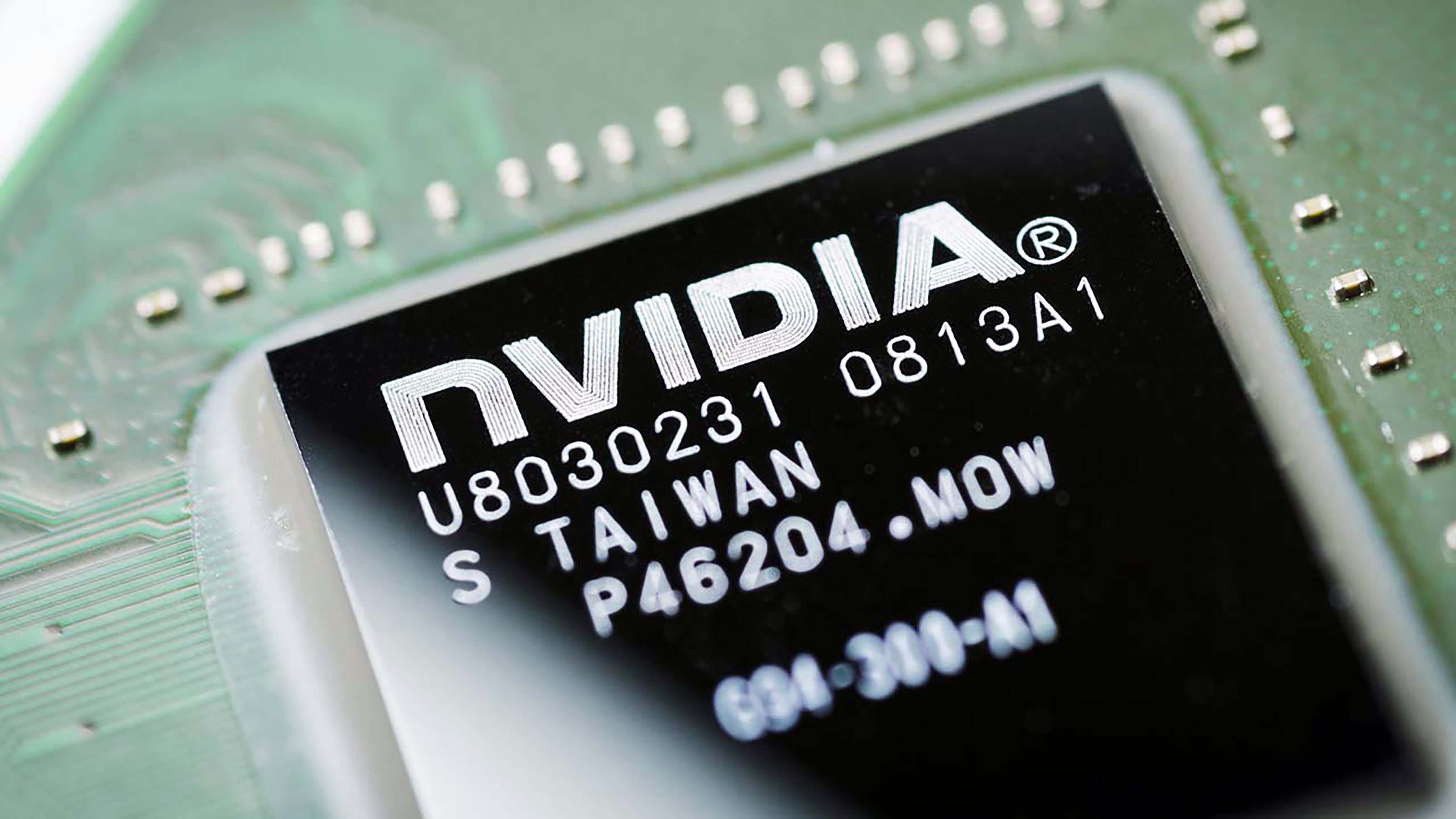
Nvidia
- Market value: $318.4 billion
- Dividend yield: 0.1%
- Analysts' average recommendation: 1.74 (Buy)
Few companies are as important to innovation itself as Nvidia (NVDA, $517.93).
That's because the company, which specializes in making graphics processing units (GPUs), finds itself at the center of many of today's hottest growth trends in tech. Indeed, NVDA's high-powered chips drive everything from PCs and video game consoles to artificial intelligence (AI), data servers, supercomputers, mobile chips and even cryptocurrency mining.
The thesis that puts NVDA among the best stocks to buy today hinges on Nvidia's strength in so many emerging applications and technologies.
"We recommend establishing or adding to positions in this preeminent vehicle for participation in the AI economy," writes Argus Research analyst James Kelleher in a note to clients. "We believe that most technology investors should own NVDA in the age of deep learning, AI and graphics-processing-unit-driven applications acceleration."
Raymond James analyst Chris Caso, who rates shares at Outperform (the equivalent of Buy), says Nvidia is on track to nearly double its revenue in two years.
Of the 42 analysts covering NVDA tracked by S&P Global Market Intelligence, 20 rate it at Strong Buy, 10 say Buy, six call it a Hold and two have it at Sell. Four analysts have no opinion on shares.
The pros expect the chipmaker to generate average annual earnings-per-share (EPS) growth of more than 18% over the next three to five years. Their average target price of $635.62 gives NVDA stock implied upside of about 24% in the next 12 months or so.

Adobe
- Market value: $222.9 billion
- Dividend yield: N/A
- Analysts' average recommendation: 1.73 (Buy)
Argus Research isn't alone in its ardor for Adobe (ADBE, $469.32). Much of Wall Street feels similarly bullish about the software maker's prospects over both the shorter and longer term.
Of the 26 analysts covering the stock tracked by S&P Global Market Research, 12 rate it at Strong Buy, nine say Buy and five call it a Hold. You can chalk the optimism up to Adobe's rock-solid market position and a history of setting the cutting edge.
For the uninitiated, ADBE is the undisputed leader in making software for designers and other creative types. Its software arsenal includes Photoshop, Premiere Pro for video editing and Dreamweaver for website design, among many others.
"We think that Adobe has positioned itself at the center of the exploding market for digital video content and advertising creation and management," says Argus Research analyst Joseph Bonner. "The company has an admirable track record of innovation in enabling digital content creation."
Stifel analyst J. Parker Lane, who rates the stock at Buy, likewise lauds ADBE's seemingly unassailable position in its industry.
"As a result of its early-mover position and strategic M&A transactions, Adobe has established itself as the unchallenged leader in creative software for both the enterprise and consumer markets," writes Lane. "We view Adobe as one of the most compelling investment cases in our coverage areas."
The Street's average price target of $564.69 gives ADBE stock implied upside of about 20% in the next 12 months or so.
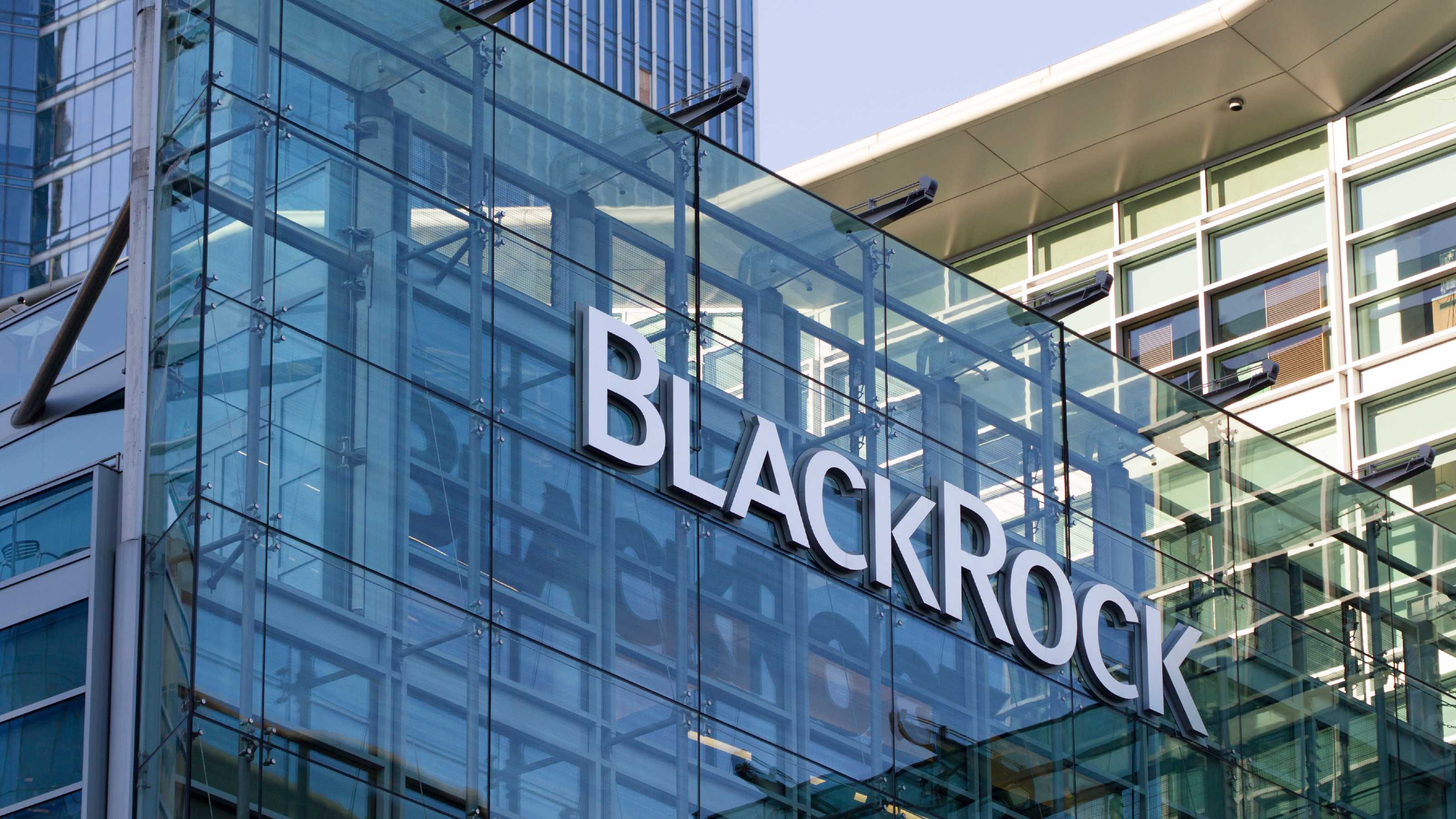
BlackRock
- Market value: $114.8 billion
- Dividend yield: 2.2%
- Analysts' average recommendation: 1.71 (Buy)
BlackRock (BLK, $757.86) is probably best-known to retail investors for its hundreds of iShares exchange-traded funds (ETFs). It also happens to be the world's largest asset manager, with $8.7 trillion in assets under management at the end of 2020.
BLK is a new addition to the Argus innovation portfolio, but it's an old hand at bringing innovation and disruption to the asset management industry. With the exception of perhaps Vanguard, no company has done more to lead the move away from active investing and toward passive investing.
As for where BlackRock is set to innovate next, Argus Research applauds CEO Larry Fink's activist approach to ESG (environmental, social and governance) investing. It also doesn't hurt, Argus Research's Eade says, that "BlackRock's business model is highly profitable, with an operating margin higher than 35% – well above the Financial Services industry average, which is typically in the high teens."
Several other pros consider BLK among the best stocks to buy today. Eight analysts rate it at Strong Buy, six say Buy and three call it a Hold, according to S&P Global Market Intelligence. They project BlackRock's shares to deliver average annual EPS growth of more than 13% over the next three to five years.
UBS Global Research, for one, counts itself among the bulls. "Given attractive market opportunities, we expect BLK to reinvest the savings from greater efficiency and pandemic-related cutbacks into product, distribution and technology," writes UBS analyst Brennan Hawken, who rates the stock at Buy.
Analysts' average target price of $826.29 gives BlackRock's stock modest implied upside of about 9% in the next year or so.
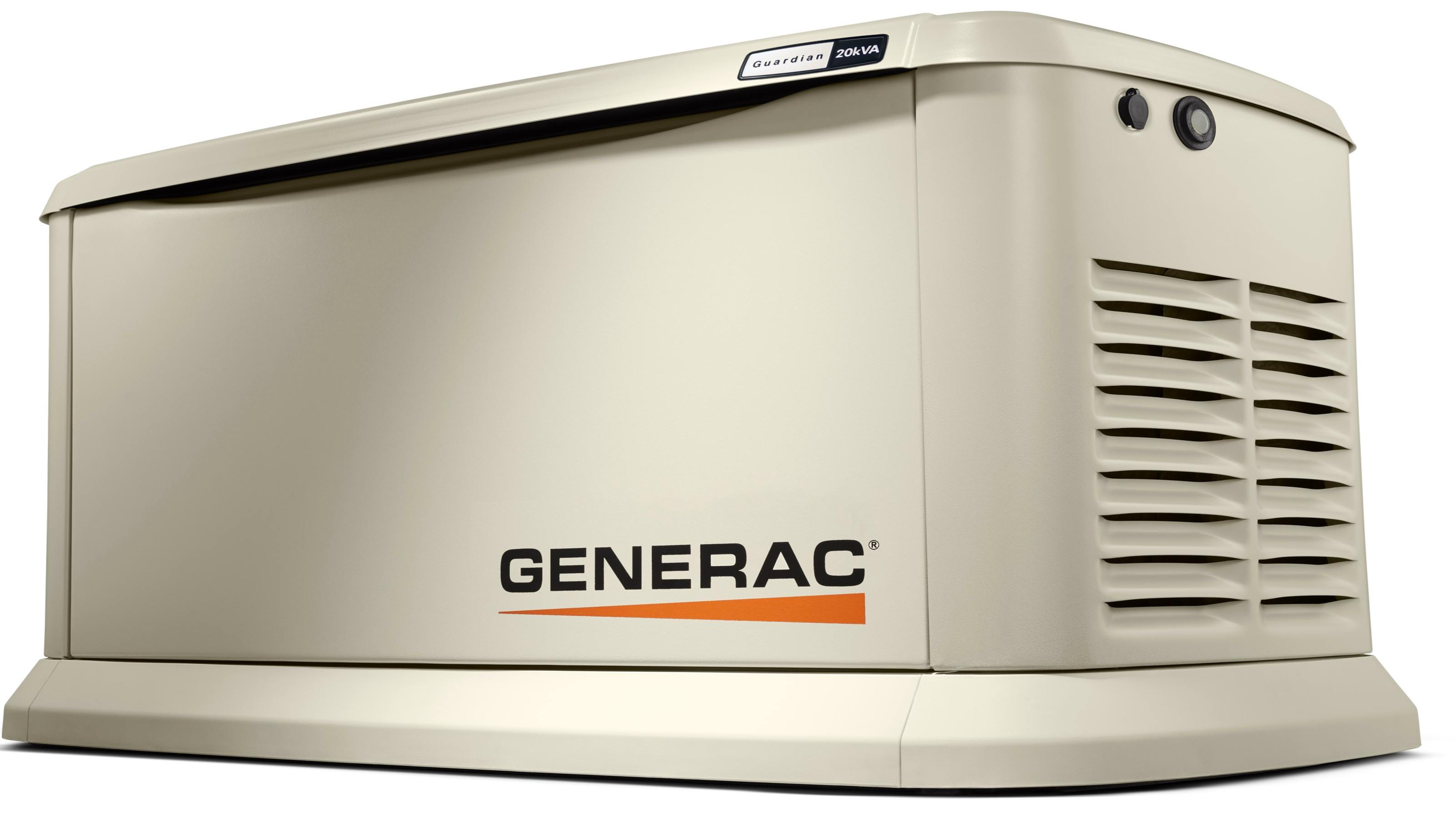
Generac
- Market value: $19.1 billion
- Dividend yield: N/A
- Analysts' average recommendation: 1.60 (Buy)
Generac (GNRC, $303.14) is a new holding for the Argus Innovation Model Portfolio, and the broader analyst community is highly bullish on the portable generator company, too.
Of the 15 analysts covering this midcap stock tracked by S&P Global Market Intelligence, nine rate it at Strong Buy, three say Buy and three call it a Hold.
Argus Research notes that Generac, founded in 1959, was the first company to engineer affordable home standby generators. Today, it is the leading manufacturer of home backup generators.
Solidifying Generac's bona fides as a forward-thinking company, Argus notes that the company has been recognized by professional industry associations for creating "tools or products that are pushing or shaping the industry and that are truly innovative."
The bottom line is that the company will profit from a number of secular global developments.
"The company is well positioned for future trends such as climate change and energy market disruption, 5G deployment, and automation in manufacturing," writes Argus Research analyst John Eade, who rates the stock at Buy.
Analysts expect Generac to generate average annual EPS growth of 7.7% over the next three to five years. Their average target price of $379.25 gives GNRC implied upside of about 25% in the next 12 months or so.

PayPal
- Market value: $278.7 billion
- Dividend yield: N/A
- Analysts' average recommendation: 1.59 (Buy)
PayPal (PYPL, $235.67) is sort of the Original Gangster of online payments, first emerging on the now-crowded digital payments scene at the end of the last century. But despite its comparatively old age, PayPal remains one of the more innovative bets in its field.
And what a field it is. Explosive growth in mobile payments transactions, the monetization of its Venmo property and incremental revenue growth in its Xoom business all help make for a compelling bull case on PYPL.
"Simply put, PayPal should continue to benefit from the secular shift to e-commerce that should drive a roughly 20% revenue compound annual growth rate (CAGR), which, coupled with margin expansion and capital allocation (mergers & acquisitions plus stock buybacks), should result in an earnings CAGR north of 20% over the next several years," writes Raymond James analyst John Davis, who rates the stock at Overweight (the equivalent of Buy).
At Argus Research, analyst Stephen Biggar underscores the fact that PYPL is "actively innovating" in the payments space.
"The company recently expanded its 'Buy Now Pay Later' offering by introducing short-term installment products in the U.S. and UK.," Biggar notes. "The company also recently launched a new service enabling customers to buy, hold and sell cryptocurrency directly from their PayPal accounts."
The pros broadly agree that PYPL is among the best stocks to buy today for tomorrow's technologies. Twenty-eight analysts tracked by S&P Global Markets Intelligence rate PayPal stock at Strong Buy, while 11 call it a Buy, versus just six Holds and one Strong Sell. The Street forecasts the company to deliver average annual EPS growth of almost 22% over the next three to five years.
The Street's average target price of $305.15 gives PYPL implied upside of nearly 30% in the next year or so.
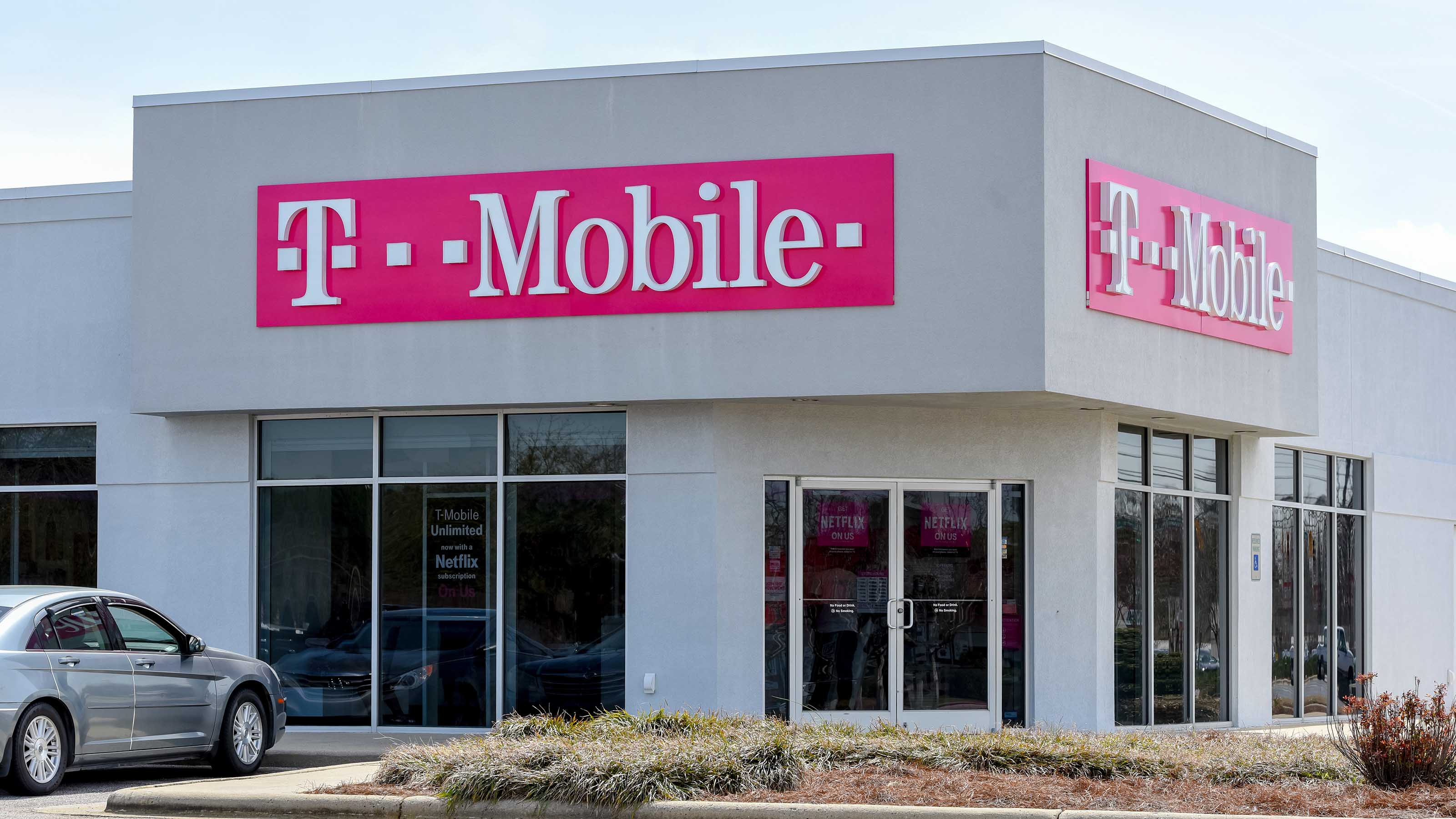
T-Mobile US
- Market value: $152.6 billion
- Dividend yield: N/A
- Analysts' average recommendation: 1.59 (Buy)
T-Mobile US (TMUS, $123.46) is another new addition to the Argus Innovation Model Portfolio, and it's easy to understand why. Once almost also-ran in the industry, the wireless carrier has been collecting fans galore since its merger with Sprint last year.
Indeed, Warren Buffett's Berkshire Hathaway (BRK.B) initiated a stake in TMUS in the third quarter of 2020 and then more than doubled that position in Q4.
T-Mobile is certainly a much more attractive investment since it closed its $26 billion merger with Sprint in April 2020. The deal created a real No. 3 wireless company whose total subscribers are at least within the same ballpark as Verizon (VZ) and AT&T (T).
"We continue to believe that T-Mobile is the best multi-year FCF growth story in wireless with a number of levers for value creation, including subscriber growth in the core TMUS operations … (and) reducing churn in the legacy Sprint customer base," among other drivers, say Deutsche Bank analysts (Buy).
At Argus Research, analyst Joseph Bonner (Buy) says T-Mobile is the best positioned of the national carriers to take market share. That's a critical advantage for any company when it operates in a saturated market.
Furthermore, Bonner notes, TMUS has not only expanded its subscriber base, but has also gained access to Sprint's trove of spectrum assets as it builds out 5G service.
"The success of the company's service plan innovations has been evident in its robust subscriber acquisition metrics and in the efforts of competitors to copy various plan features, the latest being Verizon's 'Disney Plus on us' promotion (an echo of T-Mobile's 'Netflix on us' promotion," Bonner says.
The majority of covering analysts put TMUS among their stocks to buy today, with 16 rating T-Mobile at Strong Buy, another nine saying Buy, and just four rating it a Hold.

Visa
- Market value: $457.4 billion
- Dividend yield: 0.6%
- Analysts' average recommendation: 1.59 (Buy)
Visa (V, $214.51) has been around a lot longer than PayPal, but it's hardly an old dog struggling to learn new payments tricks. As the world's largest payments network, the company is especially well-positioned to benefit from the growth of cashless transactions and digital mobile payments.
Indeed, analysts polled by S&P Global Market Intelligence expect Visa's profits to increase an average of more than 19% annually over the next three to five years.
Shares in Visa stumbled in March after it disclosed that the Department of Justice launched an investigation of its debit card business over possible anticompetitive practices. The pros, however, remain heavily positive on the stock. Twenty-two analysts rate V at Strong Buy, 11 say Buy and six have it at Hold, according to S&P Global Market Intelligence, putting it among Wall Street's favorite stocks to buy today.
Although COVID-19 took an axe to certain transaction volumes – such as cross-border travel – Visa is poised to bounce back as the pandemic eases, making it a solid recovery play, bulls say.
"Cross-border volumes were again hard hit in the first quarter, down over 20%, as two-thirds of this spending has historically come from global travel," says Argus Research's Biggar. "But payment volumes and processed transactions both bottomed in April 2020, and have improved consistently since then."
CFRA Research analyst Chris Kuiper, who rates Visa at Buy, believes the pandemic is actually acting as a catalyst "to speed up the digitization of cash."
The Street's average target price of $242.67 gives Visa stock implied upside of about 13% over the next year or so.

Thermo Fisher Scientific
- Market value: $180.6 billion
- Dividend yield: 0.2%
- Analysts' average recommendation: 1.57 (Buy)
Thermo Fisher Scientific (TMO, $458.57) is known as the "Amazon of the healthcare industry" because of its wide-ranging portfolio of life sciences products, analytics and laboratory instruments.
As such, it has been highly active on the front lines of the fight against COVID-19. But then, it has always been forced to innovate to keep up with the needs of the immensely creative scientists who make up its customer base.
And Argus Research isn't alone in its optimism over the firm's prospects. Of the analysts tracked by S&P Global Market Intelligence who cover TMO, 14 rate it at Strong Buy, five say Buy and four have it at Hold. Their average price target of $556.86 gives the stock implied upside of about 23% over the next 12 months or so.
Sel Hardy, equity analyst at CFRA Research, rates TMO at "Strong Buy," citing an "impressive" fourth quarter with "very strong" top- and bottom-line results.
"Sales growth was broad based across segments and regions as the base business continued to see a rapid recovery," Hardy writes note to clients. "2021 appears to be another great year for TMO. We expect the demand for testing to continue to remain very strong in the first half."
The stock looks compelling for those with longer horizons, as well, Argus Research argues.
"Thermo is seeing strong demand for COVID-19 testing solutions as well as for instruments and supplies used by developers of vaccines and other treatments," writes analyst David Toung (Buy). "But the company is also investing its substantial cash flow in technology upgrades, capacity expansions and acquisitions."
The Street forecasts TMO to generate average annual EPS growth of more than 13% over the next three to five years.
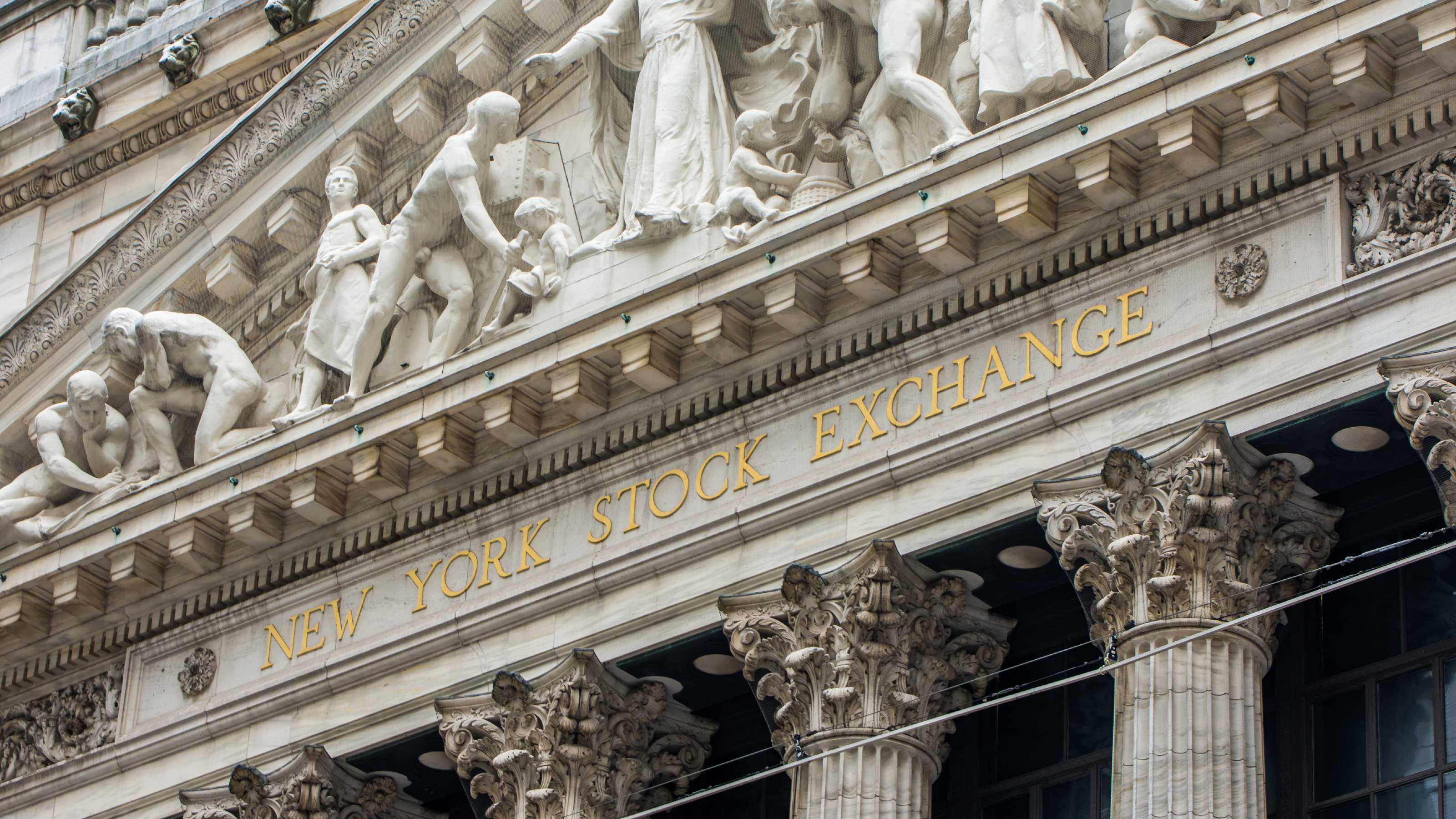
Intercontinental Exchange
- Market value: $63.7 billion
- Dividend yield: 1.2%
- Analysts' average recommendation: 1.55 (Buy)
Market volatility and a huge influx of first-time traders spell good news for exchange companies such as Intercontinental Exchange (ICE, $113.28), whose holdings include the New York Stock Exchange and its various equity and bond markets.
ICE, however, stands out over the longer term thanks to a long history of innovation, Argus Research says. For example, Intercontinental Exchange was first to market in providing new futures and derivatives that help investors and companies manage risks.
Argus also likes the fact that ICE has the feather in its cap of NYSE Group, which operates the leading and most-liquid group of equities and equity options exchanges.
When it comes to branding, you can't do much better than The New York Stock Exchange. Indeed, NYSE ranked as the global leader in capital raised in 2020, says Argus Research, and is home to 75% of all U.S. tech proceeds raised.
Lastly, ICE also happens to be much more profitable than competitors, Argus adds, with an operating margin higher than 50%. That's "well above the financial services industry average, which is typically in the high teens," says Argus.
UBS Global Research rates ICE at Buy, citing the company's key advantages in an increasingly fragmented market landscape.
"ICE is a strong collection of highly-complementary businesses across trading, clearing, and data," writes UBS analyst Alex Kramm. "We believe ICE will be able to realize solid growth, continue to remove costs, and further capitalize on the growing value of its data content as it introduces new products and services over time."
Thirteen analysts tracked by S&P Global Market Intelligence rate the stock at Strong Buy, while six say Buy and three have it at Hold. They forecast the company to deliver average annual EPS growth of 10.5% over the next three to five years. The Street's average target price of $131.61 gives the stock implied upside of about 16% over the next year or so.

Fiserv
- Market value: $81.0 billion
- Dividend yield: N/A
- Analysts' average recommendation: 1.51 (Buy)
Fiserv (FISV, $121.49) is another financial services firm riding the long wave of innovation in digital payments.
But unlike PayPal or Visa, Fiserv is what's known as a core processor. Its technology allows financial services firms to operate debit networks, transfer funds electronically and process credit card transactions, among a host of other critical functions.
Bulls say FISV benefits from a highly scalable business model, as well as secular tailwinds, such as strong technology spending by its bank and credit customers.
"These customers often focus their spending on areas that are central to Fiserv's value proposition, which includes increasing the efficiency of mobile payments processing," writes Argus Research analyst David Coleman, who rates the stock at Buy. "Innovation in this area has been a strong point for Fiserv, with products such as Mobiliti for mobile banking; DNA for account processing; Zelle, a peer-to-peer payment solution; and, more recently, CheckFree Next for bill payments."
The analyst adds that the 2019 acquisition of First Data gave Fiserv ownership of Clover, a cloud-based point-of-sale platform similar to Square (SQ).
At William Blair equity research, analyst Chris Shutler rates FISV at Outperform (Buy), saying the stock remains undervalued. Most of the rest of the Street has FISV among their top stocks to buy today, too. Of the 35 analysts covering FISV, 23 rate it at Strong Buy, seven call it a Buy, four rate it at Hold and one says Sell.
They expect the firm to generate average annual EPS growth of 17.7% over the next three to five years, and their average target price of $136.15 gives FISV implied upside of about 12% over the next 12 months or so.

ServiceNow
- Market value: $94.9 billion
- Dividend yield: N/A
- Analysts' average recommendation: 1.45 (Strong Buy)
ServiceNow (NOW, $485.39) is on the bleeding edge of everyone's favorite hot-growth industries.
"ServiceNow provides scalable IT services management to enterprises using a subscription-based, software-as-a-service model," says Argus Research analyst Joseph Bonner, who rates the stock at Buy. "The company's value proposition is to make IT services more manageable and efficient, thus lowering the total cost of ownership for clients."
NOW also happens to be among the tippy top of these best stocks to buy today. It's the first on our list to boast an average Strong Buy recommendation from analysts surveyed by S&P Global Market Intelligence. Here's the breakdown of the pros' ratings: 21 say Strong Buy, nine rate NOW at Buy and three have it at Hold.
Their average target price of $615.00 gives the stock implied upside of about 27% in the next 12 months or so. At the same time, analysts expect the company to generate average annual EPS growth of more than 34% over the next three to five years.
Those lofty profit-growth projections help explain why shares trade at more than 89 times 2021's estimated earnings. "Even after a strong run, we see a solid revenue and profit outlook over the next few years underpinning valuation," Argus' Bonner adds.
Stifel equity research agrees that NOW's lofty valuation is justified. Analyst Thomas Michael Roderick, who rates the stock at Buy, says "the 'Workflow Revolution' is happening in real time" for the firm.
"ServiceNow is a leader in the rapidly growing workflow automation and IT operations management market, and will remain the unquestioned leader for likely the next decade," Roderick writes. "The operating fundamentals of the company remain among the best in the industry."

Catalent
- Market value: $17.4 billion
- Dividend yield: N/A
- Analysts' average recommendation: 1.42 (Strong Buy)
Catalent (CTLT, $102.13) occupies a new industry vertical in the pharmaceutical pipeline segment, partnering with biotech and pharma companies to help them develop and manufacture their products.
Indeed, CTLT has become a key partner for companies working on vaccines and therapies for COVID-19, Argus Research notes. It has 30 agreements with agreements with COVID-19 vaccine and therapy developers, working closely with Moderna (MRNA), Johnson & Johnson (JNJ) and AstraZeneca (AZN).
"Catalent also provides advanced delivery technologies and development solutions for drugs, biologics, and consumer health products, and is expanding its cell and gene therapy capabilities through acquisitions," writes Argus Research analyst David Toung, who rates the stock at Buy.
"The stock merits a premium valuation based on the company's large addressable market in manufacturing vaccines and other biologic drugs, its ability to gain and expand manufacturing agreements with COVID-19 vaccine developers, and its strong long-term growth prospects," Toung says.
It's also worth mentioning that Catalent's operating margin of 15% is well above the industry average in the 8% to 9% range.
S&P Global Market Intelligence only tracks a dozen analysts covering the stock; eight call it a Strong Buy, three say Buy and one says Sell. CFRA's Kevin Huang counts himself among the more bullish of the bulls, rating the stock at Strong Buy.
"We see a solid growth outlook for CTLT, as it will remain the go-to firm for drug product and therapy development, while continuing to benefit from Covid-19 tailwinds," Huang writes.
Analysts forecast average annual EPS growth of 19.5% over the next three to five years. Their average price target of $135.90 gives Catalent stock a nice 33% implied upside over the next year.
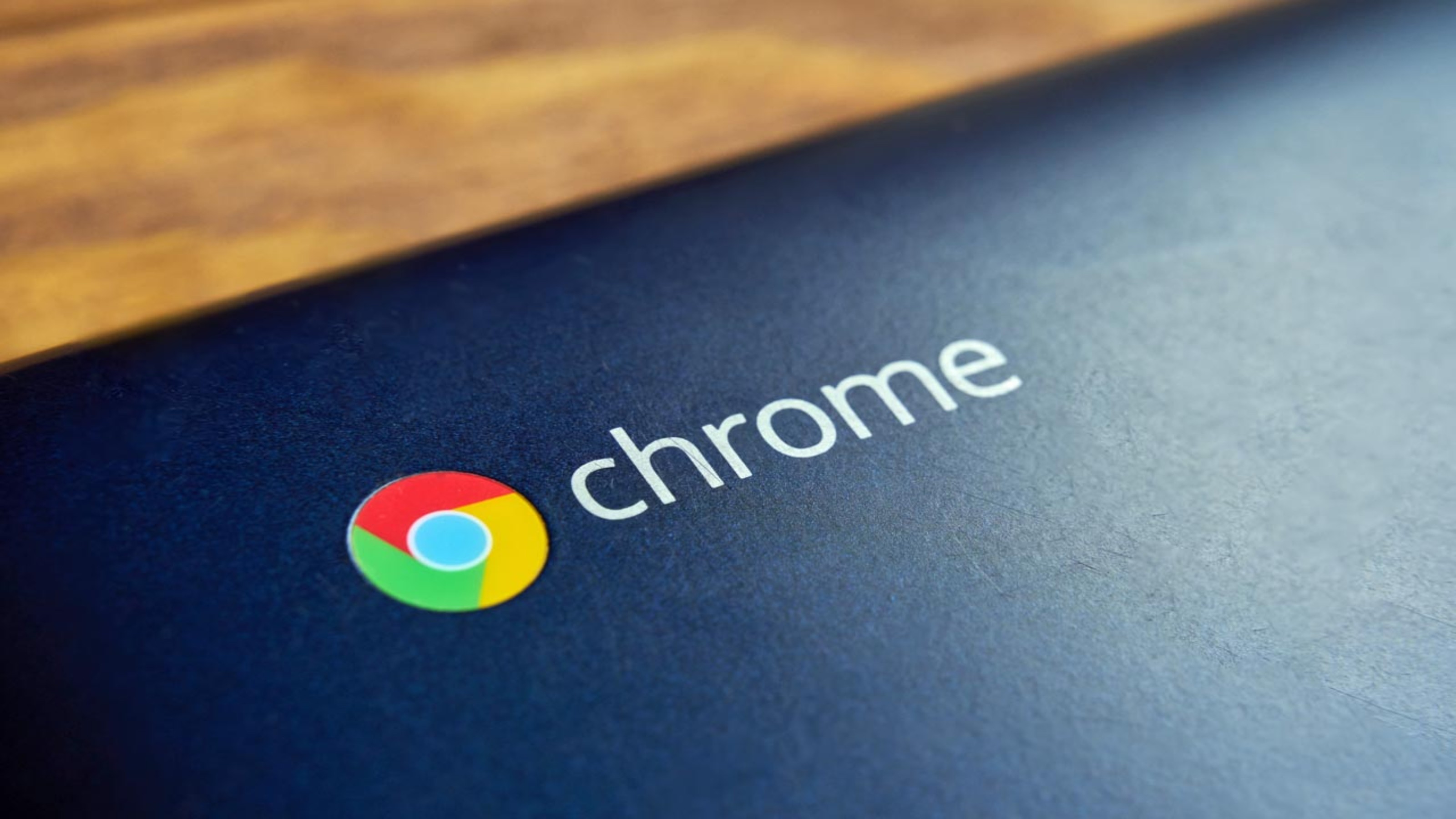
Alphabet
- Market value: $1.4 trillion
- Dividend yield: N/A
- Analysts' average recommendation: 1.30 (Strong Buy)
It's no secret that the Street adores Google parent Alphabet (GOOGL, $2,045.79) and has been intensely bullish for a while. Indeed, analysts' consensus recommendation hasn't fallen below Strong Buy for more than a year, according to S&P Global Market Intelligence.
And, heck, what's not to like? The company, with a market value of more than $1.3 trillion, is forecast to generate average annual EPS growth of more than 18% over the next three to five years. That's heady stuff for a company this large.
But as Argus Research points out, Alphabet's immense earnings power is a natural consequence of its basic business model.
"Google disrupts by selling an interlocking and interdependent suite of products and services that increase in value as more are purchased," analyst Joseph Bonner writes. "Alphabet has come to dominate new developments in mobile, public cloud, and big data analytics, as well as emerging areas such as artificial intelligence and virtual/ augmented reality."
As attractive as GOOGL remains for the longer term, it's been more than holding up its own end in the short term too. The stock has gained about 17% for the year-to-date even as the Nasdaq Composite has struggled to remain positive. Some analysts would attribute that resilience in part to Alphabet's shares having an attractive price tag in an otherwise expensive market.
"With robust and accelerating growth in the near term and a very reasonable valuation, we continue to favor the stock as a core large cap growth holding," writes Canaccord Genuity analyst Maria Ripps, who rates the stock at Buy.
Thirty-one analysts rate GOOGL at Strong Buy, 11 say Buy and two call it a Hold, according to S&P Global Market Intelligence. Their average target price of $2,376.52 gives shares implied upside of about 16% in the next 12 months or so.
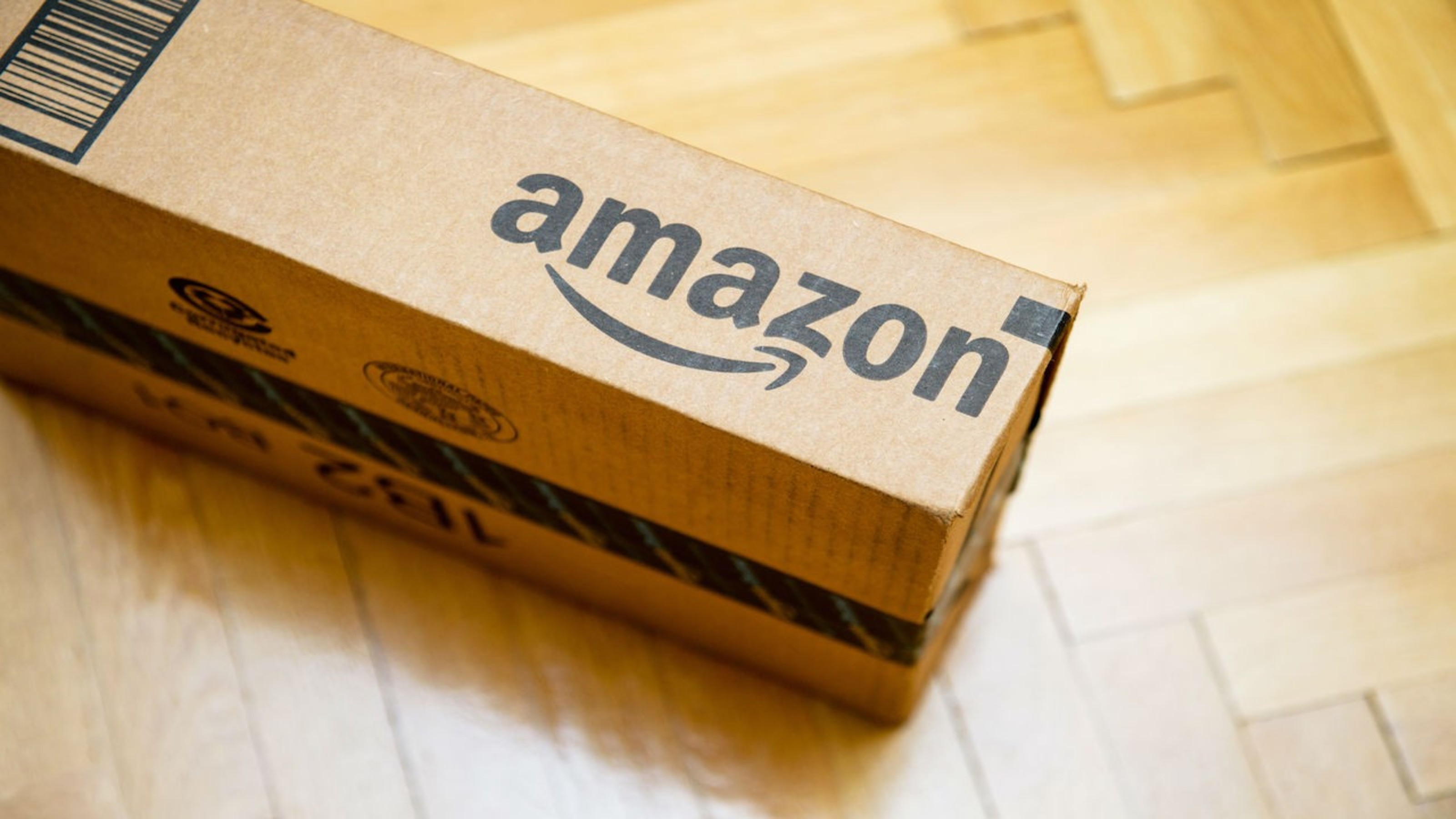
Amazon.com
- Market value: $1.5 trillion
- Dividend yield: N/A
- Analysts' average recommendation: 1.21 (Strong Buy)
Amazon.com (AMZN, $3,075.73) is one of the original disruptive innovators, and it's still wreaking havoc all these decades later.
Recall that Amazon's online bookstore upended traditional bookselling in the early 2000's, says Argus Research's Eade, "and the company has not looked back." Not only is Amazon.com now the leading U.S. e-commerce retailer and among the top e-commerce sites globally, but its Amazon Web Services (AWS) has become the global leader in cloud-based infrastructure-as-a-service (IaaS) platforms.
"Even before the pandemic shut down significant parts of the U.S. economy, Amazon was posting strong results and demonstrating the margin benefits of its high-volume business," Argus adds.
Now it looks more unstoppable than ever.
"The pandemic has sparked online adoption of grocery and consumables, categories Amazon has struggled to penetrate for many years and should support the next leg of retail growth," writes Stifel analyst Scott Devitt (Buy). "As the leader in two large and rapidly growing sectors (e-commerce and Cloud), with an emerging high margin marketing business, Amazon remains well positioned."
With a market value of more than $1.5 trillion, Amazon.com shouldn't be able to grow as rapidly as it does, which makes the Street's earnings projections truly jaw-dropping. Analysts forecast the company to generate average annual EPS growth of more than 36% over the next three to five years.
And they see AMZN shooting 32% higher over the next year or so, as implied by an average target price of $4,046.46.
The Street is overwhelmingly bullish, too. Thirty-seven analysts tracked by S&P Global Market Intelligence rate the stock at Strong Buy and 10 call it a Buy. No analysts have it at Hold or Sell.
Profit and prosper with the best of Kiplinger's advice on investing, taxes, retirement, personal finance and much more. Delivered daily. Enter your email in the box and click Sign Me Up.

Dan Burrows is Kiplinger's senior investing writer, having joined the publication full time in 2016.
A long-time financial journalist, Dan is a veteran of MarketWatch, CBS MoneyWatch, SmartMoney, InvestorPlace, DailyFinance and other tier 1 national publications. He has written for The Wall Street Journal, Bloomberg and Consumer Reports and his stories have appeared in the New York Daily News, the San Jose Mercury News and Investor's Business Daily, among many other outlets. As a senior writer at AOL's DailyFinance, Dan reported market news from the floor of the New York Stock Exchange.
Once upon a time – before his days as a financial reporter and assistant financial editor at legendary fashion trade paper Women's Wear Daily – Dan worked for Spy magazine, scribbled away at Time Inc. and contributed to Maxim magazine back when lad mags were a thing. He's also written for Esquire magazine's Dubious Achievements Awards.
In his current role at Kiplinger, Dan writes about markets and macroeconomics.
Dan holds a bachelor's degree from Oberlin College and a master's degree from Columbia University.
Disclosure: Dan does not trade individual stocks or securities. He is eternally long the U.S equity market, primarily through tax-advantaged accounts.
-
 Ask the Tax Editor: Federal Income Tax Deductions
Ask the Tax Editor: Federal Income Tax DeductionsAsk the Editor In this week's Ask the Editor Q&A, Joy Taylor answers questions on federal income tax deductions
-
 States With No-Fault Car Insurance Laws (and How No-Fault Car Insurance Works)
States With No-Fault Car Insurance Laws (and How No-Fault Car Insurance Works)A breakdown of the confusing rules around no-fault car insurance in every state where it exists.
-
 7 Frugal Habits to Keep Even When You're Rich
7 Frugal Habits to Keep Even When You're RichSome frugal habits are worth it, no matter what tax bracket you're in.
-
 The 24 Cheapest Places To Retire in the US
The 24 Cheapest Places To Retire in the USWhen you're trying to balance a fixed income with an enjoyable retirement, the cost of living is a crucial factor to consider. Is your city the best?
-
 5 Stocks to Sell or Avoid Now
5 Stocks to Sell or Avoid Nowstocks to sell In a difficult market like this, weak positions can get even weaker. Wall Street analysts believe these five stocks should be near the front of your sell list.
-
 Best Stocks for Rising Interest Rates
Best Stocks for Rising Interest Ratesstocks The Federal Reserve has been aggressive in its rate hiking, and there's a chance it's not done yet. Here are eight of the best stocks for rising interest rates.
-
 The Five Safest Vanguard Funds to Own in a Volatile Market
The Five Safest Vanguard Funds to Own in a Volatile Marketrecession The safest Vanguard funds can help prepare investors for market tumult but without high fees.
-
 The 5 Best Inflation-Proof Stocks
The 5 Best Inflation-Proof Stocksstocks Higher prices have been a major headache for investors, but these best inflation-proof stocks could help ease the impact.
-
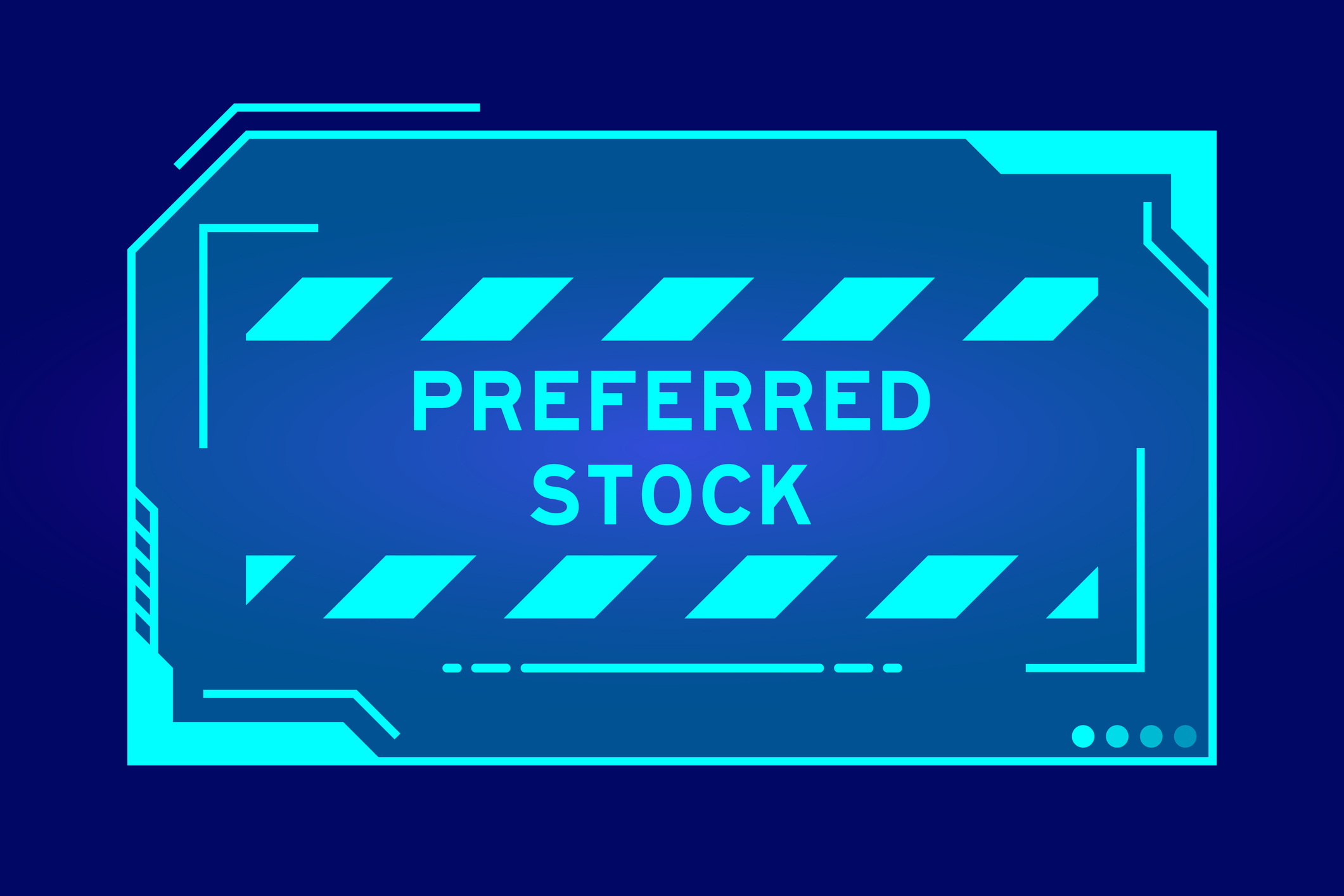 5 of the Best Preferred Stock ETFs for High and Stable Dividends
5 of the Best Preferred Stock ETFs for High and Stable DividendsETFs The best preferred stock ETFs allow you to reduce your risk by investing in baskets of preferred stocks.
-
 What Happens When the Retirement Honeymoon Phase Is Over?
What Happens When the Retirement Honeymoon Phase Is Over?In the early days, all is fun and exciting, but after a while, it may seem to some like they’ve lost as much as they’ve gained. What then?
-
 5 Top-Rated Housing Stocks With Long-Term Growth Potential
5 Top-Rated Housing Stocks With Long-Term Growth Potentialstocks Housing stocks have struggled as a red-hot market cools, but these Buy-rated picks could be worth a closer look.
